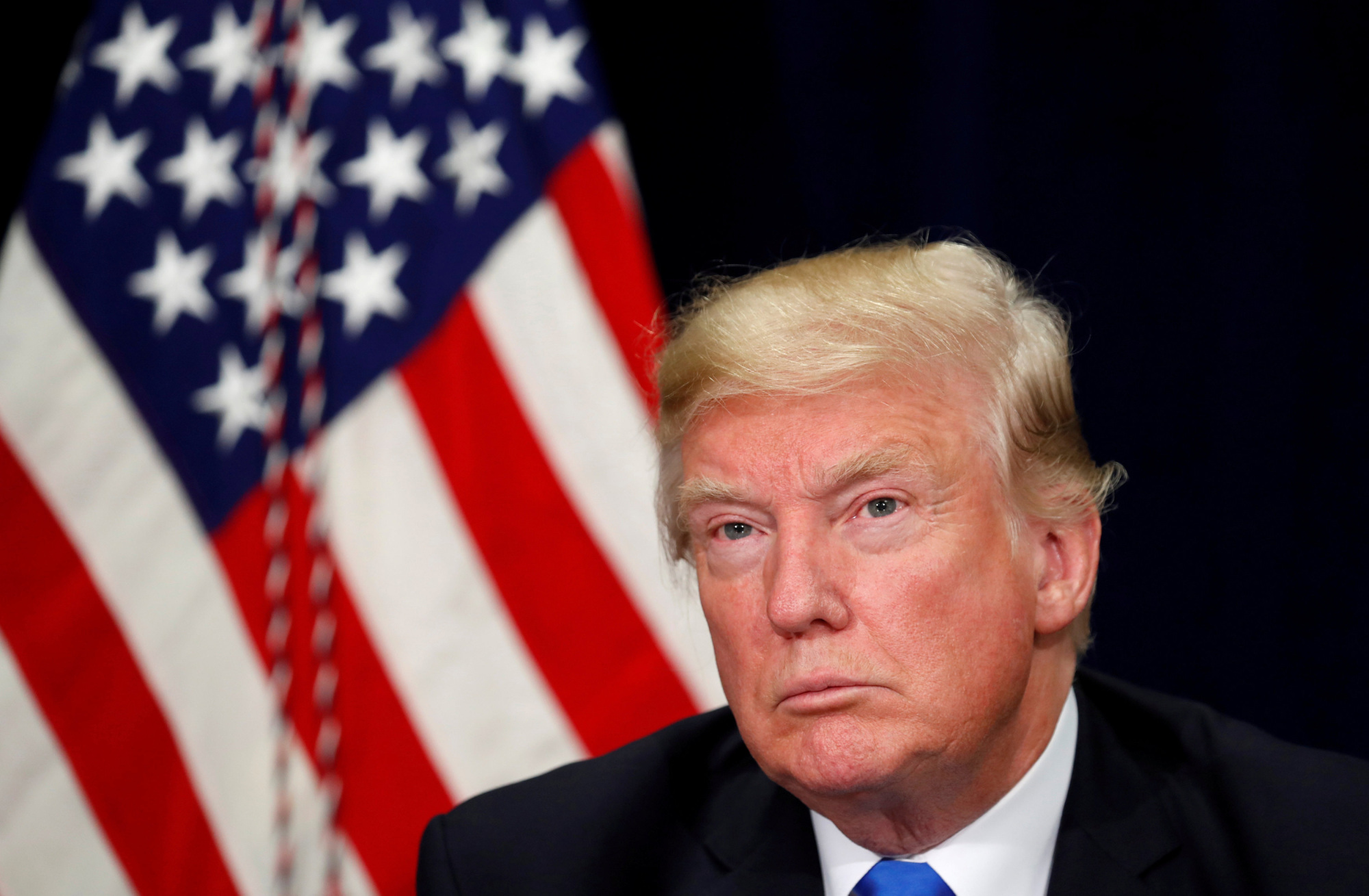U.S. President Donald Trump is coming to East Asia, which is likely to spark mixed feeling among U.S. allies in the region. Many of his policies are hostile to U.S. allies' interests: the termination of the Trans-Pacific Partnership, his loathing for the U.S.-Korea Free Trade Agreement (KORUS), his attacks on the North American Free Trade Association (NAFTA) — in which many Asian exporters have a stake — his Iran policy and his unprofessional theatrics on North Korea, to name just a few.
Less obviously, gutting the State Department hurts pro-U.S. nations who want a potent American diplomatic apparatus. The "born in the USA" global system that Trump despises is also the public good that upholds the well-being of U.S. partners (and some rivals as well). And there is no telling how Trump's cultivation of white Christian prejudice could damage ties between the U.S. and Asian partners whose peoples are overwhelmingly neither white nor Christian.
More broadly, as the Corinthians told the Spartans during the Peloponnesian War, the duty and self-interest of a senior ally is to take into account the junior partners. With some unfortunate lapses, this is what Washington has accomplished since Lend-Lease during World War II. Trump's "America First" mindset, however, postulates that no one else matters. It forgets that America's central role, though requiring an above-average effort, sustains outcomes which are excellent for the U.S. itself. "America First" is the polar opposite of what is logical for an economic, military and ideological universal superpower.

















With your current subscription plan you can comment on stories. However, before writing your first comment, please create a display name in the Profile section of your subscriber account page.